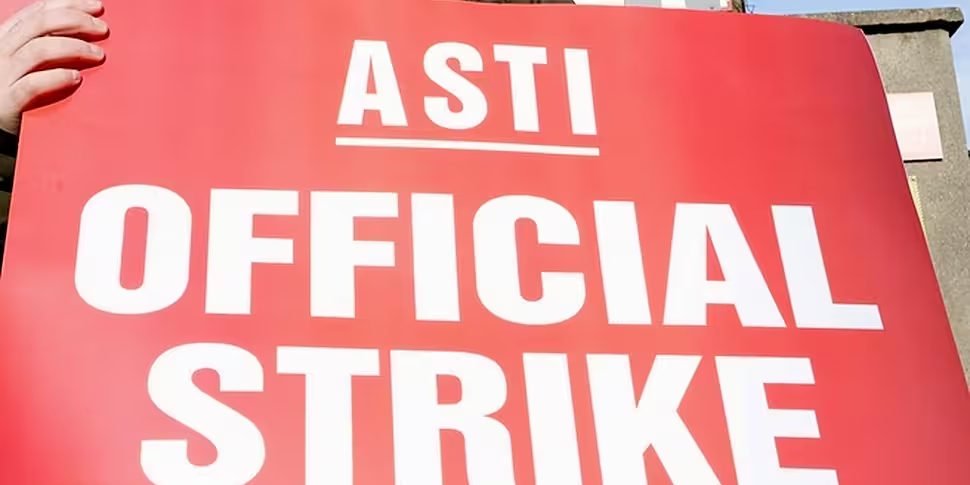Maybe it’s because I’ve a daughter entering her Leaving Cert year in September that I paid particular attention to the latest warning from the ASTI that its members might soon be indulging in renewed industrial action.
Whatever: The ASTI’s demand that the additional 33 hours per year they agreed to work during the bad times (ancient history now of course) should be dropped, is simply the most recent of a growing list of demands from public sector unions that their members need to get their fair share of the economic recovery.
So, we see Guards marching on Leinster House; nurses demanding equal treatment with other health sector workers, and one particular worthy goal from the Impact trade union suggesting a thirty-hour week is a "reasonable" longer term objective for public sector workers.
Discontent
Of course, it’s difficult for hard-working teachers, guards and nurses, either to pay exorbitant rents or to save a deposit for a house, if they live in the Greater Dublin Area or a few other urban areas. But the same difficulty applies to private sector employees who don’t enjoy the same collective industrial muscle.
And, as the new Minister for Public Enterprise and Reform stated in his usual methodical broadcasting style this week, the trade unions signed up to the Lansdowne Road Agreement in full knowledge of its implications until 2018.
He also reminded them that any public funds diverted to meet their specific sectoral demands will have to be taken from the same pool that pays for essential services elsewhere, including the additional schoolrooms, Garda cars, and medical equipment the same trade unions demand.

Julien Behal / PA
For many of us working in the private sector or who have to try to fund our own retirement savings, it seems as if few public sector workers, no matter how hard-working and professional they may be, have any idea of the immense value of their guaranteed defined benefit pensions or of the relatively benign holiday and sick-pay arrangements they enjoy.
Based on this factor alone, many of us will support Minister Donohoe in holding the line on the Lansdowne Road Agreement, even if this means significant threatened, or actual, disruption and stressed teenagers and parents facing into an exam year.
I don’t doubt his bone fides at this stage, but based on the first week of wavering by the new government, I wouldn’t be running down to Boyle Sports to bet on a stout defence by the administration in general.
Perceptions
A summer and autumn of discontent beckons then in the public sector; but perhaps some of the captains of industry who will publicly bemoan the selfish nature of these demands and the threat they pose to our national recovery and still constrained public finances, should look a little closer into their hearts and wallets before they speak out.
Many of the country’s executives and senior management teams have begun to reward themselves very handsomely again, not just through the standard remuneration channels of salary, annual bonus and pension payments, but through very generous longer-term share awards, where applicable.
Some shareholders have taken a stand against this tide at recent AGMs of publicly-quoted companies, but the arrangements have gone through and have quickly become yesterday’s news.
It’s true that many of these executives work hard and long; take risks and sometimes create significant value for their companies and shareholders.
But in my view, it’s not the case that overly lavish remuneration arrangements should simply be a matter for shareholders and not the business of any other stakeholders.
Ireland is a small country, where the perception that some sections of society are not just enjoying a larger share of the trifle but the cream and the sherry as well, has a disproportionate social impact.
For better or worse, we’re a highly connected little island and we all feed from the same shallow trough.
Perhaps the Taoiseach should have thought of that as well when appointing those additional junior ministers...









